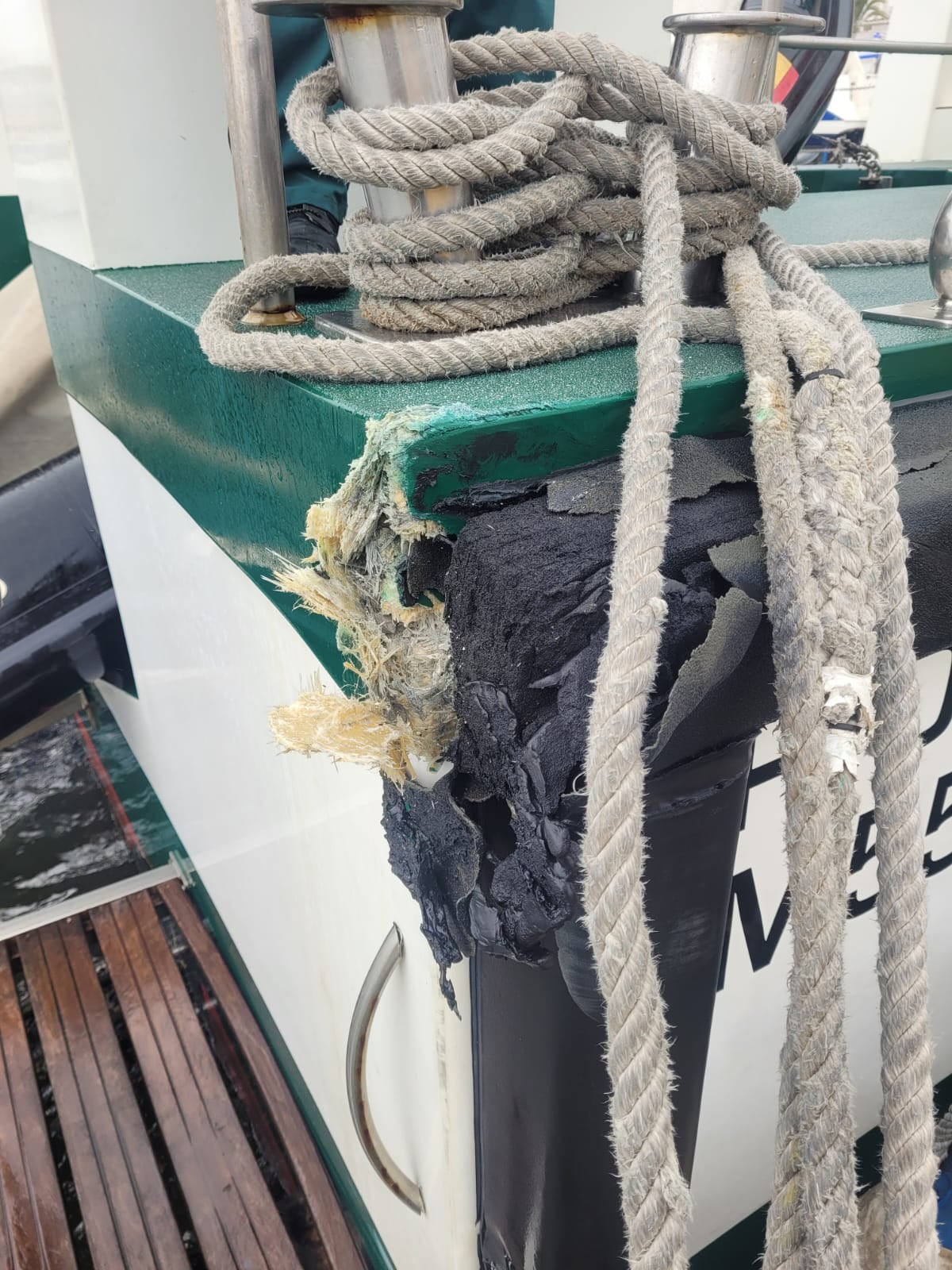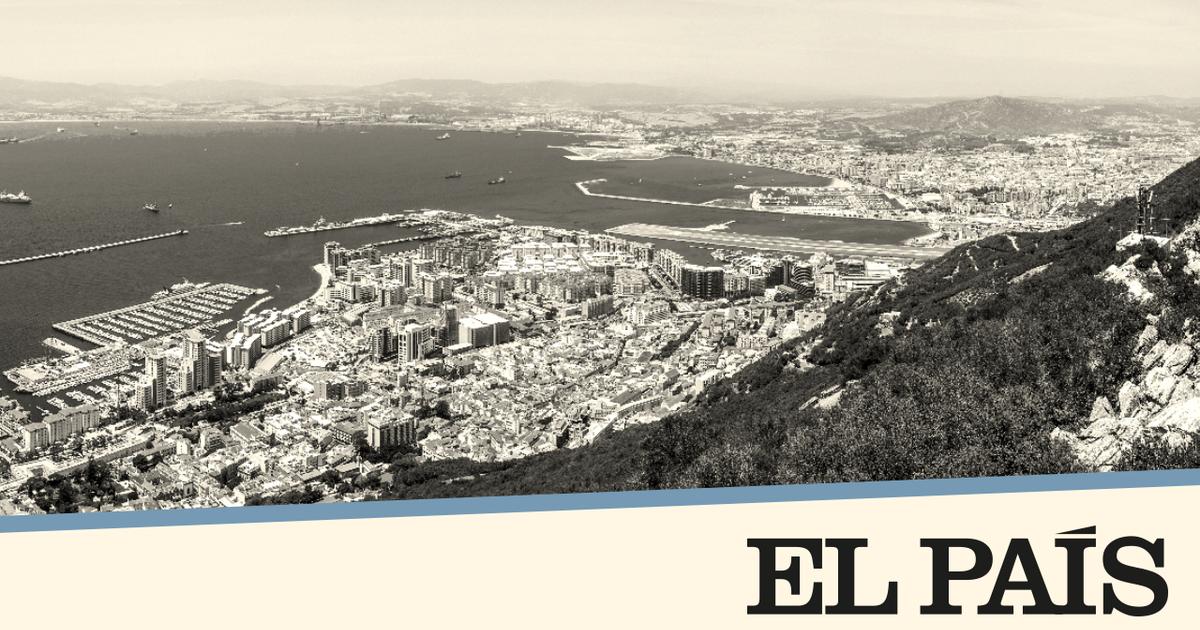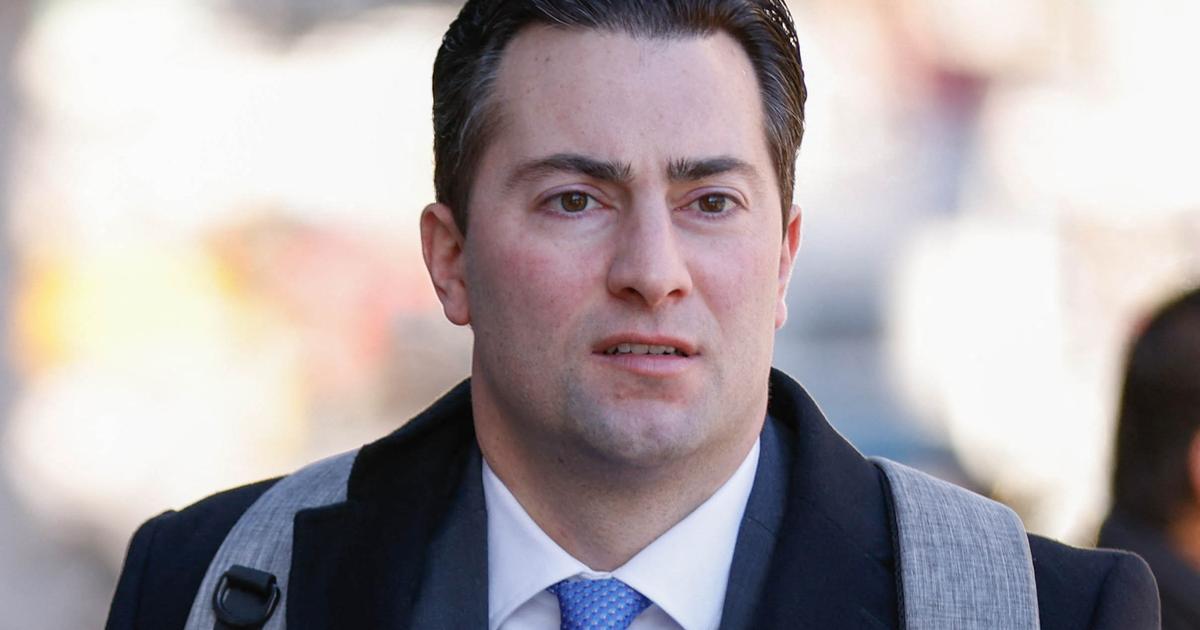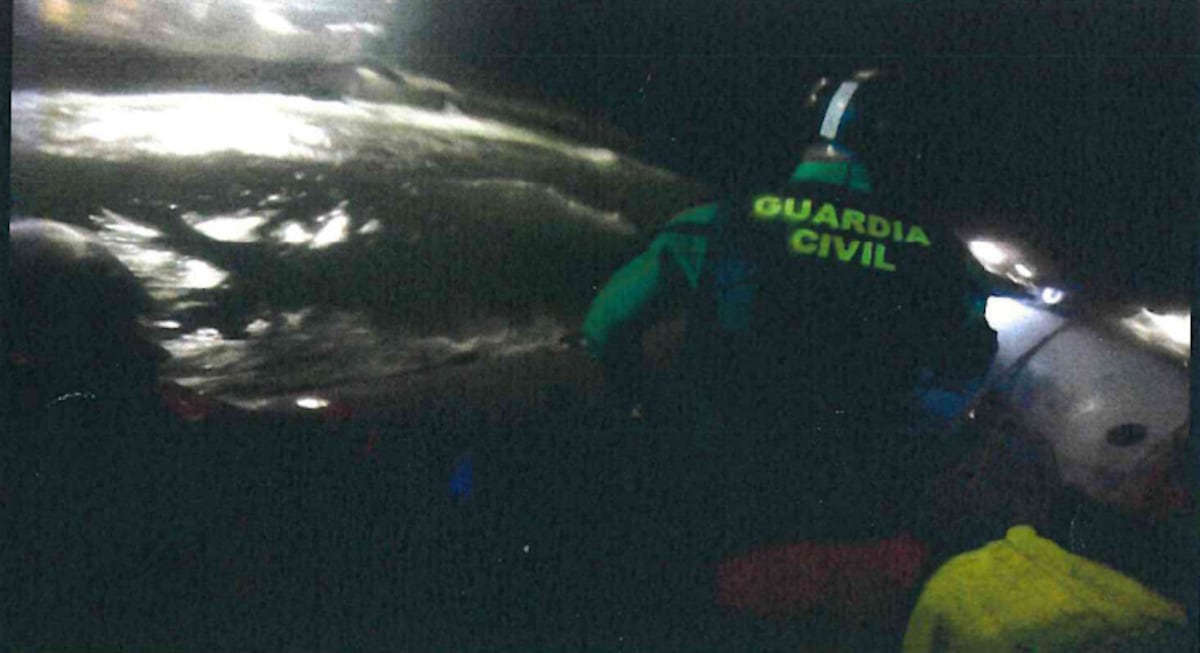When Judge Alba Serrano arrived, at her own request, at the Court of First Instance and Instruction 3 of La Línea de la Concepción in December 2021, she searched the closets for the oldest drug trafficking cases.
She had no trouble finding them: "They were all standing still," she recalls.
She came across police macro-operations of thousands of pages and more than nine years.
But also with divorces to be processed for four years or child custody trials in which the children were already of legal age.
The collapse predominates in the mixed courts (civil and criminal) of the coastal cities of Cadiz, where drug trafficking operations, the high turnover of professionals and the lack of resources create a perfect storm that ends in paralyzed procedures and prescriptions.
Some fifty defendants in a case for drug trafficking that had been without progress since 2007 in Court 2 of Barbate have benefited from the forced archiving of the investigation.
On January 16, the Cádiz Prosecutor's Office assumed the prescription of the process, according to Cadena SER.
“The judge left and all those who came after her, there have been at least eight in these years, had to assume a case of 15,000 pages.
For that you have to have time and in those courts it is impossible ”, sums up Ana Villagómez, Anti-drug prosecutor of Cádiz and Andalusia.
And she Villagómez anticipates that it may not be the only case that is closed like this in Barbate: “Now there is not a very prominent drug trafficking activity there.
It comes from behind.
We have causes from 2009 to 2014, all to be qualified”.
More information
The scarcity of evidence makes the first great case against the kings of hashish a "failure"
The traffic jam in the courts makes it possible to follow the trail of drug trafficking activity in Cádiz.
In the 2000s, it became strong in Barbate.
In the following decade, he jumped to Campo de Gibraltar.
And after the police reinforcement operated by the Government in 2018, the mafias dispersed to other coastal points.
Today that wake translates into hard-pressed courts in Barbate, La Línea, Chiclana or El Puerto de Santa María.
“In general, everything works regularly, pulling badly.
But the further south you go, the worse it is,” explains lawyer Roberto Peralta, who specializes in family matters and workplace accidents.
Those cases without inmates in prison are the ones that tend to be left behind in the queue of pending tasks in the courts.
María —fictitious name— only has one thing clear: "Justice is not behaving well with me and my son."
The 30-year-old woman, a client of Peralta, has been waiting since March 2015 for a court in Chiclana to seize her partner for the 150 euros of monthly maintenance that never happened to her son.
Despite the trial having been held in 2017, "in these eight years she has only managed to have 25 euros withheld from her," says the lawyer angrily.
The lawyer has already gotten used to seeing divorce trials that take "up to four years" to be reported, or accident proceedings in which he has to end up recommending his clients that they better agree to an economic agreement with the insurance companies to avoid lawsuits.
The lawyer María Núñez, with cases in Chiclana and Barbate, adds: "I have pending cases since 2020 with minors and they are completely paralyzed."
Objective: unblock the courthouse
Judge Serrano is determined to unclog her court, even if it is "at the cost" of her personal life.
“I tell my officials to imagine that it is her father or her brother.
I am the judge, but in the end we are dealing with personal or economic problems.
I sleep peacefully because I know what else I can't do, ”she explains.
The same diligence has tried to apply to the macro-causes of drug trafficking —now less abundant in La Línea than two years ago— that were paralyzed and that, sometimes, end up being reduced to pre-trial agreements to apply undue delays: “I prefer not to know what will happen with them.
It's angry and I prefer not to know, otherwise we would stop working.
At least, that it doesn't remain for us”.
The collapse generated by drug trafficking cases is aggravated by other endemic problems in village courts throughout Spain.
The high turnover of professionals is one of the most outstanding.
Judge Serrano arrived at La Línea in December 2021 and her desire to stay in the square has already made her the dean of the place, because the rest of her "has already left."
Some judges remain in mixed courts in the province for barely six months.
Prosecutor Villagómez explains it: “With so much work, they don't have time to do anything.
It is horrible and nobody wants to be there.
It is normal".
The lack of personal and material means is another major drawback.
The lawyer Peralta is clear that the coastal cities of Cádiz need "more reinforcement judges, more courtrooms, more officials" and a real digitization that now "only occurs on paper."
In the Serrano court, an inspection recommended that there be two more officials: "I have claimed them, but since we have now managed to reduce the workload and now it is better, they are not going to put it on us."
Prosecutor Villagómez adds a key point: "We have a procedural system that is not prepared to take cases from a certain number of those investigated for the procedures that lawyers resort to."
Despite so much impediment, Serrano does not seem willing to throw in the towel.
“La Línea is a passing destination, but I have stayed because I feel comfortable.
In fact, I came voluntarily because I like the instruction.”
Every day, she gets up at four to unclog so much pending work, she divides the mornings of the week into civil and criminal trials and reserves the afternoons to carry out more work.
She makes up for the shortcomings with effort and she is clear that the pace will hardly slow down: “It is the area that it is and we cannot change that.
The worst thing I have is not being able to give the importance to each case that it requires.
Working fast always increases the risk of mistakes.”
Subscribe to continue reading
Read without limits
Keep reading
I'm already a subscriber









